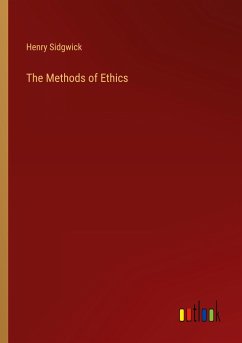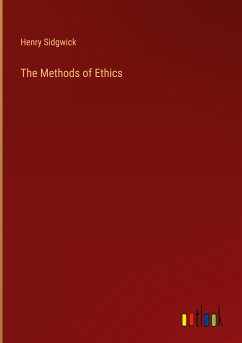In "The Methods of Ethics," Henry Sidgwick presents a comprehensive analysis of ethical theories, emphasizing utilitarianism, intuitionism, and egoism. Written in 1874, the book combines rigorous philosophical argumentation with a clear and systematic literary style, making it accessible yet profoundly insightful. Sidgwick critically evaluates existing moral frameworks, inviting readers to ponder the complex interplay between duty and happiness. His methodology reflects the Enlightenment's intellectual rigor while grappling with the emergent modern ethical dilemmas of his time, showcasing the tension between rationality and moral sentiment. Henry Sidgwick, a prominent British philosopher and a key figure in the development of ethical theory, draws from a rich background in classical philosophy, having studied at both Rugby School and Cambridge University. His engagement with contemporaries such as John Stuart Mill and his inclination towards the utilitarian tradition shaped his philosophical outlook. Sidgwick's commitment to reconciling competing ethical claims led him to create a work that still resonates within contemporary moral philosophy, providing a foundation for subsequent discussions surrounding ethics. This book is essential for anyone interested in philosophical ethics, as it systematically articulates and critiques the foundational principles that continue to influence modern ethical thought. Readers will find themselves challenged to consider the moral dimensions of their own lives through Sidgwick's incisive reasoning and expansive inquiry. Whether you are a scholar or a curious layperson, "The Methods of Ethics" will deepen your understanding of the complexities of moral philosophy.
Bitte wählen Sie Ihr Anliegen aus.
Rechnungen
Retourenschein anfordern
Bestellstatus
Storno








